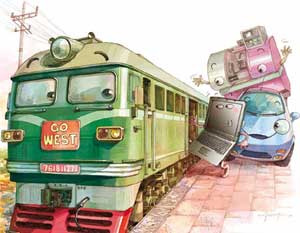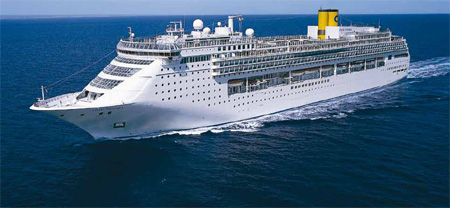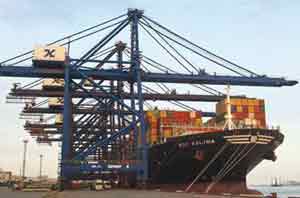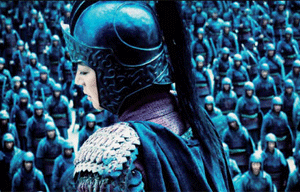Inflation is likely to remain high
Updated: 2011-10-22 07:58
By Wang Xiaotian (China Daily)
|
|||||||||
Former central bank adviser sees no risk of an economic hard landing
BEIJING - Inflation in China in 2011 will stand at 5.8 percent, and there will be no initiatives to further tighten or loosen the nation's monetary stance, said Yu Yongding, a former adviser to the central bank's monetary commission, on Friday.
"Inflation is slowing down gradually. On the whole, inflation is under control ... the Chinese government has been quite successful in controlling it," said Yu, who is currently a researcher at the Chinese Academy of Social Sciences.
Yu made the remarks at a seminar in Beijing, organized by the Central University of Finance and Economics.
China's consumer price index (CPI), a main gauge of inflation, declined to 6.1 percent in September, from a peak of 6.5 percent in July. The government's target for the year is 4 percent.
New moves to tighten or loosen the monetary stance are unlikely, said Yu, adding that China won't cut interest rates until inflation falls below 5 percent.
To soak up liquidity and curb inflation, the government has raised interest rates three times this year and hiked the reserve requirement for commercial lenders six times.
China's economy will perform satisfactorily in the foreseeable future, without the risk of a hard-landing risk in the short- and medium-terms, said Yu.
"Investment growth is still quite strong ... even if the world suffers from a double-dip recession, China can still manage," he said, predicting that the world's second-largest economy will maintain GDP growth of at least 7 or 8 percent.
China reported a GDP growth rate of 9.1 percent in the third quarter, down from 9.5 percent in the previous three months.
"China's fiscal position is strong," said Yu. "There is no reason for pessimism at least in the short- and medium-terms."
The country is still capable of implementing a stimulus to shore up the economy if required. But any stimulus would be smaller than the package of 4 trillion yuan ($627 billion) introduced in 2008. That's because the country has learned the lesson that the earlier package was too large and too rushed, he said.
But the economy does face some major long-term problems, such as low investment efficiency, overreliance on external demand and capital losses in its dollar-denominated assets, warned Yu.
Liu Ligang, head of Greater China Economics at ANZ Banking Group, said the country would experience a soft landing, but that the inflation pressure hasn't eased markedly, as CPI is climbing month-on-month and the central banks of major global economies are maintaining their monetary-easing policies.
"The economy is still facing rising capital inflows," said Liu, who added that the decline in the foreign-exchange reserves in September is a temporary phenomenon resulting from the depreciation of euro assets.
"Capital flows to emerging markets are likely to continue, so the policy challenges will remain," said Menzie Chinn, professor of public affairs and economics at the University of Wisconsin in the US.
China Daily
(China Daily 10/22/2011 page9)











